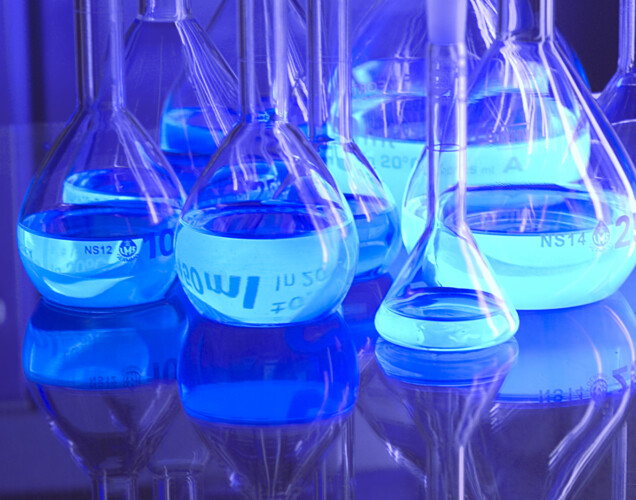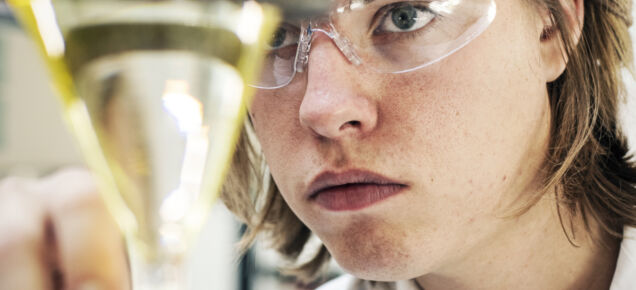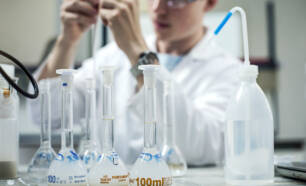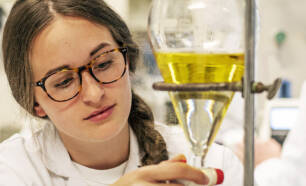The Sustainable Development Goals (SDGs), drawn up by the UN, are guidelines for a sustainable world in which we make better use of scarce resources. These goals can only be achieved if we fully improve the process from raw material to product and vice versa.
In this study route you will learn to conduct practice-oriented research. You will use advanced analytical techniques to answer your research questions. Consider, for example, making biodegradable plastics that can be easily recycled. Experts from large multinationals and market leaders in their respective fields, share their experience with you by providing guest lectures. You work with other students on regional projects related to the marine environment that benefits the province of Zeeland.





